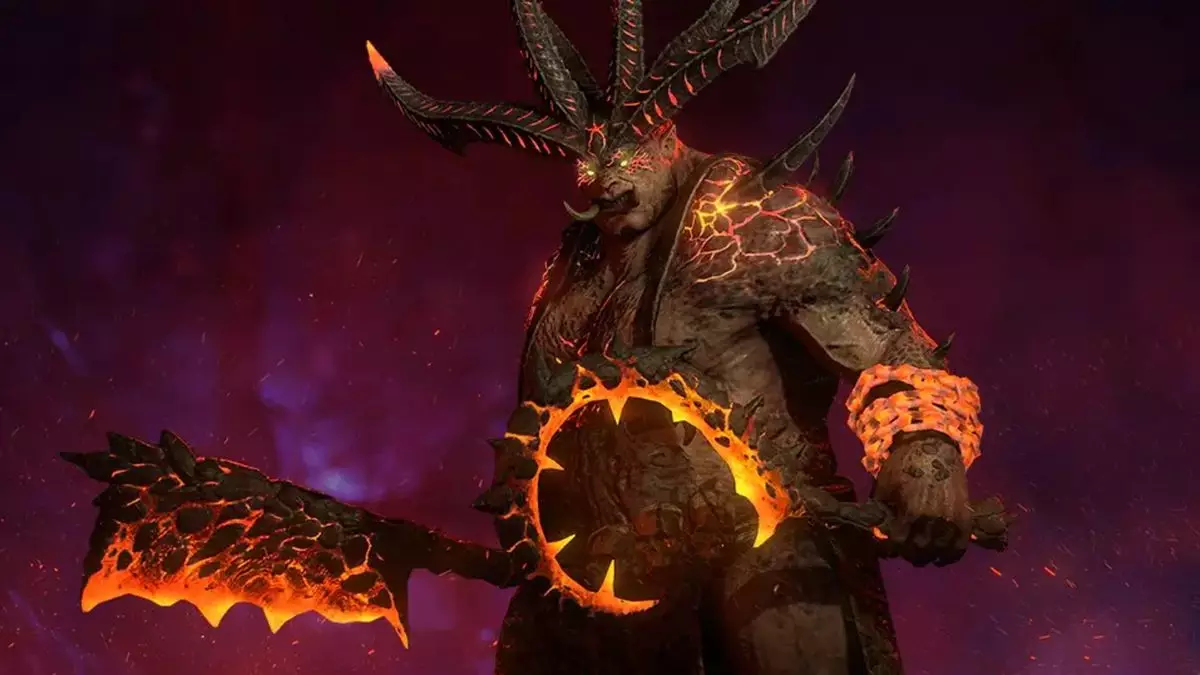The ongoing dialogue within the gaming community regarding genre classification has recently highlighted a provocative suggestion made by Rod Fergusson, the leader of the Diablo franchise. In a tweet that sparked considerable debate, Fergusson proposed that action role-playing games (ARPGs) resembling Diablo could be classified as “Diablo-likes,” akin to how certain games are labeled as “Rogue-likes” or “Souls-likes.” This notion, which initially seems like a simple proposition regarding genre terminology, quickly escalated into a larger conversation about identity, influence, and respect within the gaming community.
The response to Fergusson’s suggestion was swift and predominantly negative. Online users quickly rallied to express their disagreement, with some of the most impactful remarks coming from prominent figures within the community, such as streamer Empyrian, who succinctly commented, “I don’t think so,” amassing over 1,400 likes. Such a response potentially underscores a larger sentiment: many gamers might feel that attempting to create a ‘Diablo-like’ category could dilute the uniqueness and characteristics that they value within individual game experiences.
The way the community reacted is indicative of a deeper friction that exists in the industry, especially surrounding mega franchises like Diablo. The heavy criticism of Fergusson’s tweet, which garnered an overwhelming number of disapproving replies, reflects an underlying concern that the nuances that make games special could be blurred by over-generalization. The comments resonated not just with personal opinions but with a collective identity among gamers who cherish distinct gaming experiences, particularly in a genre that has become increasingly varied and layered.
In an intriguing twist of fate, Fergusson’s suggestion came just after the reveal of Path of Exile 2, which many consider a formidable rival to the Diablo series. This timing raises questions about whether frustration stemming from anticipated competition influenced Fergusson’s comments. While such speculation remains unproven, it emphasizes the sensitive dynamics of power within game franchises. The desire to maintain relevance in an evolving market can provoke passionate discussions, and in this case, it may have done just that.
This situation invites further examination into how genres can be defined and labeled in the gaming world. The term “Diablo-like” could be viewed as a means to honor the legacy of a pioneering game that shaped an entire genre. However, it could also be perceived as a simplification that overlooks the creative innovations introduced by other games.
Diablo’s impact on the ARPG genre is undeniable, and the franchise has undeniably inspired titles like Path of Exile, which itself has often been described as a spiritual successor to Diablo 2. Lead designer Chris Wilson of Path of Exile has openly acknowledged this inspiration, but attempting to categorize these diverse games under a shared label risks undermining their individual artistic achievements and gameplay mechanics.
The debate surrounding the “Diablo-like” classification serves as a microcosm of the broader discussions regarding genre identity in gaming. As players passionately advocate for their favorite games, it becomes clearer that the nuances of gaming experiences deserve to be celebrated rather than homogenized. The conversation sparked by Fergusson’s tweet may ultimately challenge developers and players alike to reconsider how they view and articulate genre boundaries, paving the way for a richer understanding of video game design and legacy.


Leave a Reply